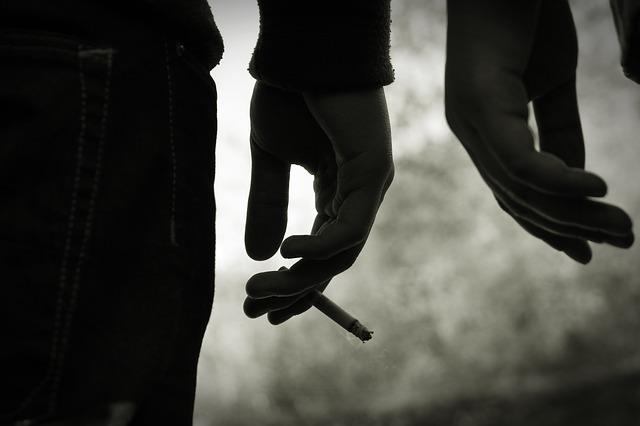
21-Aug-2022
What are the effects of Drugs on Teenagers?
Teens often experience all kinds of activities and resources. Unfortunately, these experiments can lead to dependence and addiction. Statistics show that drug addiction is a growing problem among teenagers. In addition to cocaine, ecstasy, and other club drugs, a recent follow-up study found that the six most commonly used drugs among adolescents were marijuana (31.5%), Vicodin (9.7%), amphetamines ( 8.1%), and cough medicines (6.9%). %)), sedatives and sedatives (6.6%), respectively. If left untreated, the effects of substance abuse on today's teens and adults can have serious consequences.
Signs of drug addiction in teenagers
There are many signs of drug addiction, but the most common signs that your teen is using drugs include:
Legal issues such as drunk driving, parking violations, and theft Problems at school such as tardiness, poor grades, suspension, etc.
changes in disposition
Loss of interest in favorite activities
drugs
aggressive behavior
reception
depression
Poor hygiene
lose money
The Effects of Substance Dependence on Adolescents
Substance abuse can have serious health effects as you get older, but teenagers who abuse drugs are especially at risk for negative consequences. Teens who use drugs are more likely to struggle with addiction later in life and suffer permanent and irreversible brain damage. Other common negative effects of substance abuse among teenagers include:
* Emotional problems. Addiction can cause or mask emotional problems such as anxiety, depression, mood swings, suicidal thoughts, and schizophrenia. 34.6% of teens with depression say they use drugs. Unfortunately, drug use can make these emotional problems worse. For example, teenagers who use marijuana every week double their risk of depression and anxiety.
* Behavior problems. Teens who use drugs are at increased risk of social problems, depression, suicidal thoughts, and violence. According to a recent study by the Substance Abuse and Mental Health Services Administration, teens who use drugs are more likely than teens who don't use drugs to engage in delinquent behavior, such as fighting and stealing.
* Addiction and dependence. Studies have shown that when young people begin to use drugs, they are violent objects of violence, violence, and violence.
* Dangerous sex. Teenagers who use drugs are five times more likely to have sex than teens who do not use drugs. Teenagers who use drugs also have unprotected sex and have sex with strangers. These doctors and teenagers present a high risk of pregnancy and sexual violence.
* Learning is limited. Drug abuse damages short- and long-term memory and can lead to learning and memory problems later in life.
* Diseases. Teens who inject drugs are at increased risk of blood-borne diseases such as HIV, AIDS, and hepatitis B and C.
* Brain damage. Adolescent drug addiction can lead to serious psychological disorders or irreversible damage to the brain or nervous system. In the case of drugs with drugs, brain lesions include brain sedimentation. Reduce learning opportunities.
Memory loss and memory problem; Proof, acceptance, and intuition have been reduced. Growth or reduction; And changing sexual desire.
* Car accident. Teens who abuse drugs are more likely to be injured or killed in car accidents. One study found that 4 to 14 percent of drivers injured or killed in traffic accidents tested positive for THC.
Medicines for teenagers
If you
know a teen who is abusing drugs, don't wait and get involved. The sooner your teen gets help with their addiction, the more likely they are to avoid long-term consequences. Fortunately, there are many teen rehabs to choose from. However, the most effective drug rehab center for teens may be a residential treatment program. Here, your teen can receive 24/7 monitoring and care, detoxification, dual diagnosis treatment, and a variety of comprehensive treatments based on individual needs. Talk to your doctor about your teen's symptoms and decide what type of substance abuse is best for your teen.

Student
An inquisitive individual with a great interest in the subjectivity of human experiences, behavior, and the complexity of the human mind. Enthusiased to learn, volunteer, and participate. Always driven by the motive to make a difference in the sphere of mental health - and normalize seeking help through a sensitive and empathetic approach
Join Our Newsletter
Subscribe to our newsletter to receive emails about new views posts, releases and updates.
Copyright 2010 - 2026 MindStick Software Pvt. Ltd. All Rights Reserved Privacy Policy | Terms & Conditions | Cookie Policy